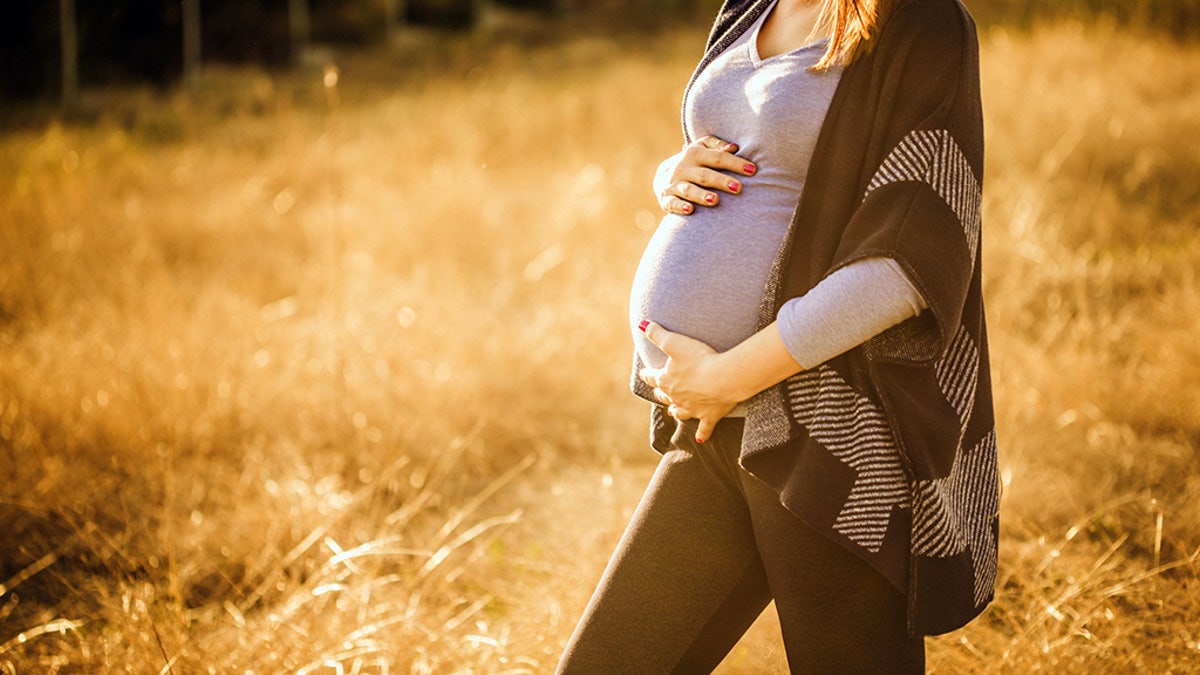
The study was led by doctors at the University of North Carolina Lineberger Comprehensive Cancer Center.
A woman’s risk of developing breast cancer may temporarily increase by 80 percent for years after giving birth, according to a new study published in the journal Annals of Internal Medicine on Tuesday. But the increase is not as alarming as the statistic sounds, because according to the authors, breast cancer is uncommon in younger women.
"This should not dictate when women decide to have their children because while we are seeing this extra risk after childbirth, this is a period of time when risk overall is exceptionally low," Dr. Hazel Nichols, chief study author, told Reuters. "This is not translating to a large number of additional breast cancers."
Doctors at the University of North Carolina Lineberger Comprehensive Cancer Center examined 15 different studies that contained data from roughly 890,000 women under the age of 55 — some who have children and others who have never given birth — to determine whether there is a correlation between breast cancer and recent childbirth.
The researchers concluded women who have given birth “have an increased risk for breast cancer for more than 20 years after childbirth” compared to those who have not.
PREGNANT WITH BREAST CANCER: ONE WOMAN'S INCREDIBLE STORY
More specifically, they found the risk of developing breast cancer peaks five years after giving birth, before slightly declining after 34 years, according to the study's results.
"The association crossed over from positive to negative about 24 years after birth," the study explains.
Interestingly, researchers found no increased risk of breast cancer for women who had their first child before the age of 25, HuffPost reports.
“Increases in breast cancer risk after childbirth were pronounced when combined with a family history of breast cancer and were greater for women who were older at first birth or who had more births,” the study’s authors wrote, noting breastfeeding did not “modify overall risk patterns.”
Mia Gaudet, scientific director for the epidemiology research at the American Cancer Society who was not involved in the study, told Reuters the breastfeeding conclusion is questionable, as the study did not evaluate risk against duration of breastfeeding, it simply noted whether breastfeeding had occurred.
While previous studies have concluded women who give birth before 30 years of age have a lower chance of developing breast cancer compared to women who have a child after that same age, the study’s authors say their conclusion shows how long it can take for these benefits to take effect.
"If your last child was at age 35, we may start screening at age 40 instead of classically at age 50 because the risks may go up after five years out. And so it's very important now that doctors ask this question and put them into the history of the patient," David Agus, the director of USC Norris Westside Cancer Center, told “CBS This Morning" on Tuesday.
AMAZON ALEXA TOOL TO HELP DETECT BREAST CANCER SYMPTOMS
That said, the risk of developing breast cancer at a young age is still uncommon. It more frequently occurs in women who are 50 years of age or older, Agus told CBS.
"In this age group, breast cancer is uncommon. The risk of developing breast cancer is still low overall, even if you've had a child five years ago,” Nichols told HuffPost.
Reuters contributed to this report.
